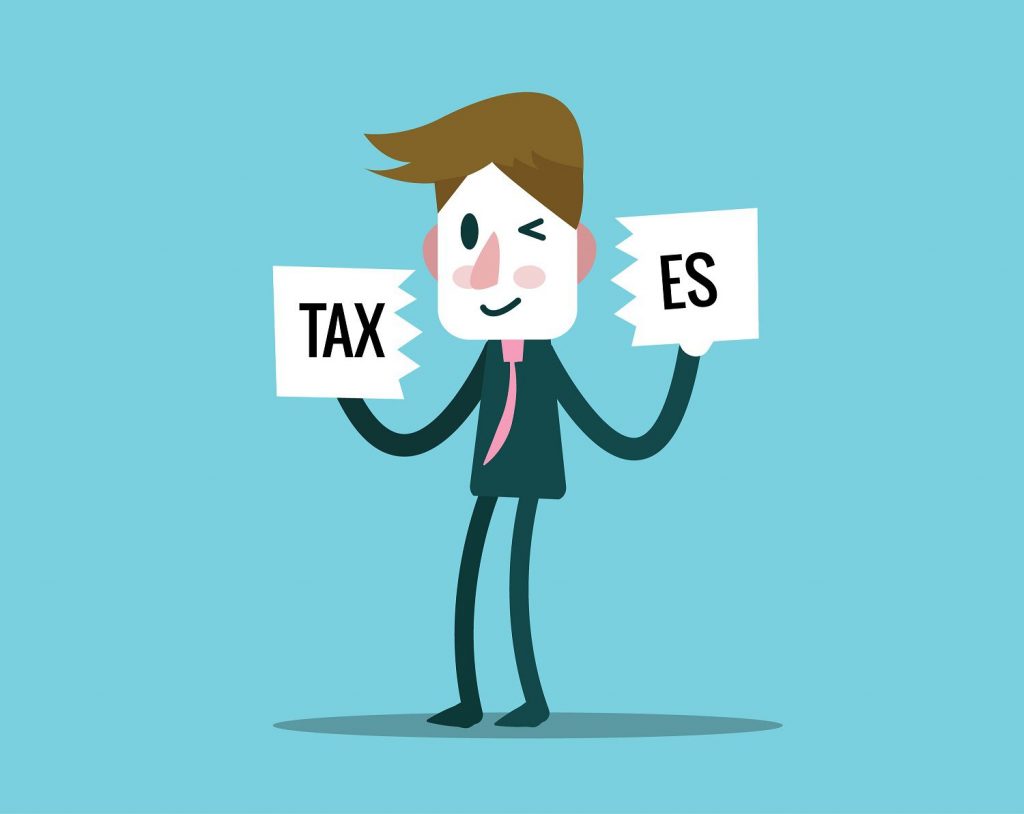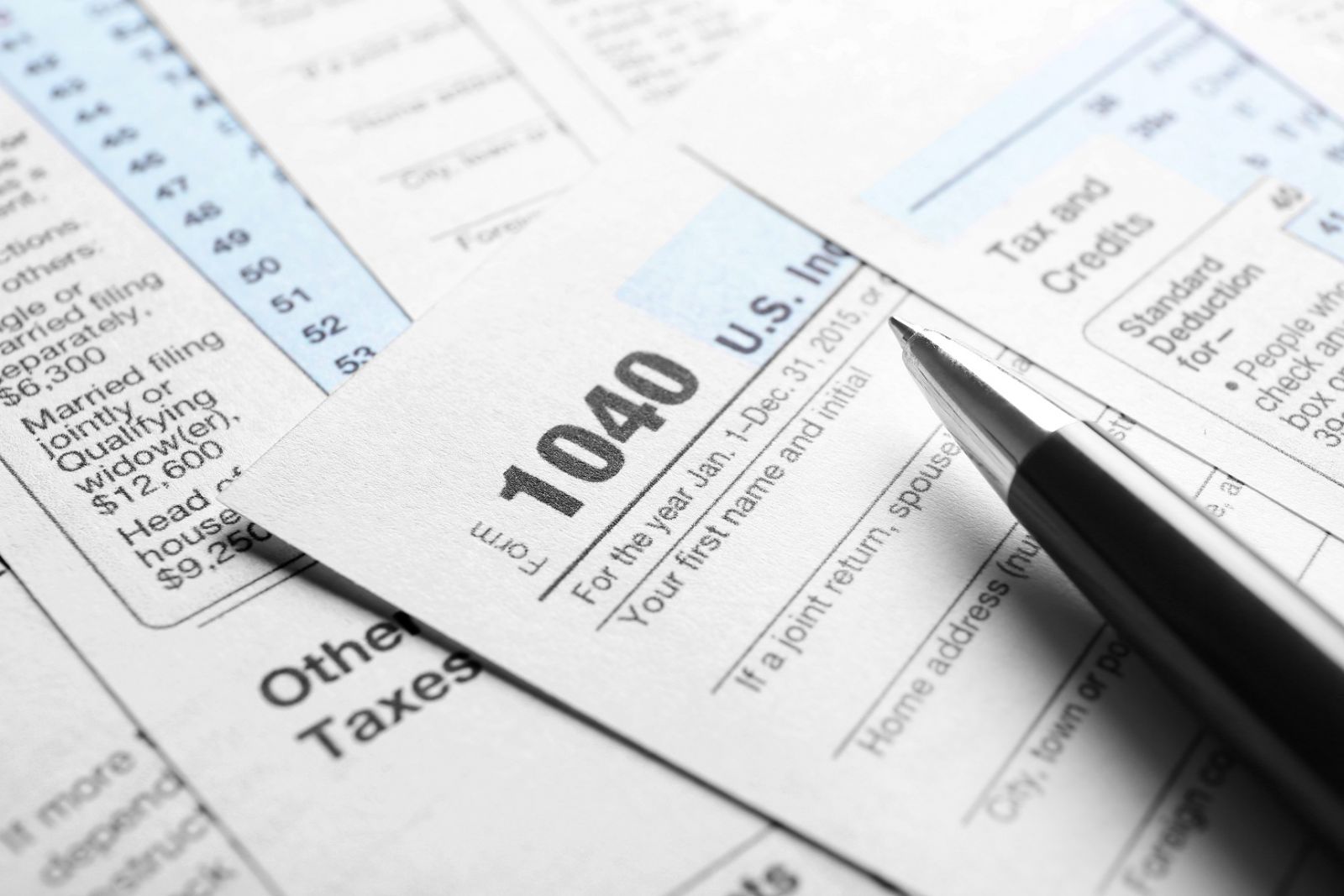Click Here To Get Your FREE
Retirement Tax Minimization Guide Today!
Tax-Minimization
THE ART OF SLASHING INCOME TAX BILLS – AS TAUGHT BY THE WEALTHY
 Practically all of us know about the various stories that are currently running amuck on practically every media outlet, which talk about millionaires and billionaires who have made headlines by paying little-to-no income tax (and hence committing tax fraud). Despite this, however, they get away scot-free because these wealthy taxpayers use methods which are absolutely legal on paper, and help reduce taxes. In fact, these strategies can be used by anyone who knows what they are doing.
Practically all of us know about the various stories that are currently running amuck on practically every media outlet, which talk about millionaires and billionaires who have made headlines by paying little-to-no income tax (and hence committing tax fraud). Despite this, however, they get away scot-free because these wealthy taxpayers use methods which are absolutely legal on paper, and help reduce taxes. In fact, these strategies can be used by anyone who knows what they are doing.
The following are some of the many ways in which wealthy people successfully – and legally – avoid having to pay hefty amounts in taxes.
By making charitable donations
According to IRS publication 526, Charitable Contributions, taxpayers are permitted to donate a maximum of 50% of their adjusted gross incomes (AGI). In case the AGI exceeds 50%, the deductions will be carried over for the next five years till they have been used up. Carryover contributions too have a limit of 50% of AGI per year. While common people do not have the option to donate anywhere near 50% AGI, the wealthy can afford to do this.
Although large charitable donations do help wealthy taxpayers in reducing their tax bills significantly, one cannot say that the unpaid money is being kept by the taxpayers themselves – they still have to pay some taxes for it. Despite not getting its share of revenue, the government in such circumstances exercises leniency and allows taxpayers to give it less revenue.
There are several private charities, run by the government as well as by private institutions, whose aim is to help those who have limited resources. More often than not, well-managed charities, due to being able to complete their administrative tasks at lower costs, run better than their government-sponsored counterparts, and therefore make a bigger difference with the same amount of money.
Overall, this is one of the best ways to reducing taxes, because it ends up with the wealthy making large donations to charity, and thereby helping make a positive change in the society.
Maximum Retirement Contributions
On average, an income-earner has high chances of facing difficulty maximizing a conventional IRS with a $5,000 annual payment limit (pre-tax) or a $16,500 annual payment (pre-tax) to 401(k) sponsored by an employer. Wealthy taxpayers, however, do not face such restrictions can easily max-out their retirement accounts, thanks to non-negotiable expenses such as housing and food making up a lesser part of their incomes.
Those with business or those working as independent contractors often get better opportunities to make big contributions for retirement. The good news here is that this method can be also used by taxpayers of lesser means. The bad news is that they do not have a sizeable disposable income (like the wealthy do), and therefore might not be able to encash tax-advantaged retirement contributions for the self-employed.
All-in-all, such plans are only beneficial to an individual if their budget permits them to stash away the larger portion of their income for when they get older and retire.
Investment Income:
Some of the super-rich manage to pay lesser taxes than their non-wealthy counterparts due to being able to generate considerable earnings from investments which get taxed at a rate that is lesser than the employment income. The non-wealthy cannot do this since the larger part of their income comes from employment.
Any money that is earned from a job is subject to state and federal income taxes. Therefore, the higher the earnings, the more is the tax rate that you have to pay on your last earned dollar. Income earned from employment is also subject to payroll taxes (FICA) (currently standing at 1.45% for Medicare and 6.2% for Social Security). Those who are self-employed need to pay near-double that amount of money since they have to take responsibility for employer’s share of the tax as well. Employees, on the other hand, lose the income they would have received had there been no additional tax to pay.
Depending on the kind of investment, the duration for which it was owned and the marginal tax rate of the investor, the income gets subjected to a specific set of tax rates. These rates in most cases are much lower than those on employment income.
Additionally, interest income from U.S. Treasuries, which is subjected to federal income tax, is exempted from being subjected to state and local income taxes. Taxpayers in high-tax localities and/or states can reduce their tax bills with the help of this feature.
In most cases, investments are taxed at a rate that is lower than the income earned from employment. Therefore, if one starts building an investment portfolio, they will find that in due time, the investment returns will begin to make up a significant portion of your income. Once that happens, you will be happy to know that this income will be subjected to more favorable tax rates.
To Conclude:
The super-rich and wealthy often make use of methods that are freely available and perfectly legal and will help them reduce their taxes. However, despite the free availability, taxpayers with decent incomes might not have the necessary resources to take advantage of these techniques. Quite obviously, not all can even think of making gigantic donations or huge retirement contributions, or even hire a sophisticated accountant or financial planner who can help them. Despite the evasion, one cannot say that the wealthy are tax criminals.
As a matter of fact, the wealthy are often less afraid of taking chances as regards taking measures to reduce taxes. This happens because they have a vast amount of resources that may be required to make a defense when confronted with a possibly audit from the IRS. Even that, however, does not make them identified a criminals.
Last but not the least, evading taxes is definitely not a punishable offense that is exclusively committed by the ultra-rich. Individuals in every income level have a tendency to not pay the taxes that they owe, and consciously and subconsciously adopt methods to evade taxes. This can range from not filing returns or filing fraudulent returns to finding ways to circumvent the tax code. These methods are risky though, and almost always end up with the evader getting caught and having to pay their dues.








